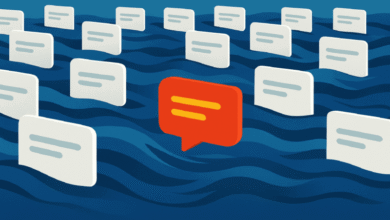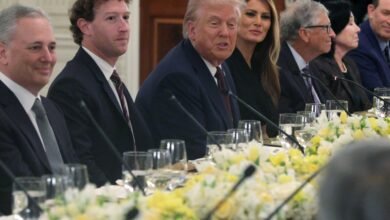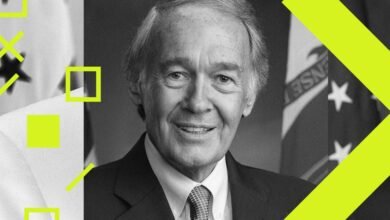Chatbot Maker: First Amendment Protects AI Speech Too

▼ Summary
– Character Technologies is seeking to dismiss a lawsuit by claiming that AI-generated speech from its chatbot platform should receive First Amendment protections as “pure speech.”
– The company argues that holding its platform liable for user interactions would hinder innovation in the generative AI industry, emphasizing that AI speech falls uner free expression laws.
– The lawsuit is linked to allegations that the AI contributed to a teenager’s suicide, but Character Technologies insists it targets protected speech rather than addressing core issues.
– Opposing arguments highlight that AI outputs differ from human-created speech, questioning whether they qualify for constitutional protections due to the lack of conscious intent.
– The case could redefine how courts view AI-generated content, balancing free speech rights with accountability, as legal experts consider the implications for AI in public discourse.
The legal battle over AI-generated speech has reached a critical juncture as Character Technologies fights to dismiss a lawsuit tied to its chatbot platform. The company contends that conversations produced by its AI deserve First Amendment protections, framing the outputs as “pure speech” that should receive the highest constitutional safeguards.
In court filings, the makers of Character.AI (C.AI) emphasized that speech—whether from a video game character, foreign propaganda, or an AI chatbot—falls under free expression laws. They argue that holding the platform liable for user interactions would chill innovation in the rapidly growing generative AI industry. The case stems from allegations that the AI contributed to a teenager’s suicide, but Character Technologies insists the lawsuit improperly targets protected speech rather than addressing underlying issues.
The company warned that imposing liability for AI-generated content could set a dangerous precedent, effectively allowing courts to dictate what the public can read or hear. “The First Amendment safeguards the right to receive information, regardless of the speaker,” their legal team asserted. They maintain that regulating chatbot outputs would stifle technological progress and infringe on free expression.
Opposing arguments from the plaintiff’s legal team challenge this stance, noting that all prior examples of protected ‘pure speech’ involve human creators. While corporations enjoy free speech rights, they are still human-formed entities with intentional messaging. Chatbots, by contrast, operate on probabilistic algorithms without conscious intent—raising questions about whether AI outputs qualify for constitutional protections.
The outcome could reshape how courts view AI-generated content, balancing free speech against accountability in an era where machines increasingly participate in public discourse. Legal experts are closely watching whether the First Amendment will extend to algorithms or if new frameworks will emerge to address the unique challenges of artificial intelligence.
(Source: Ars Technica)





